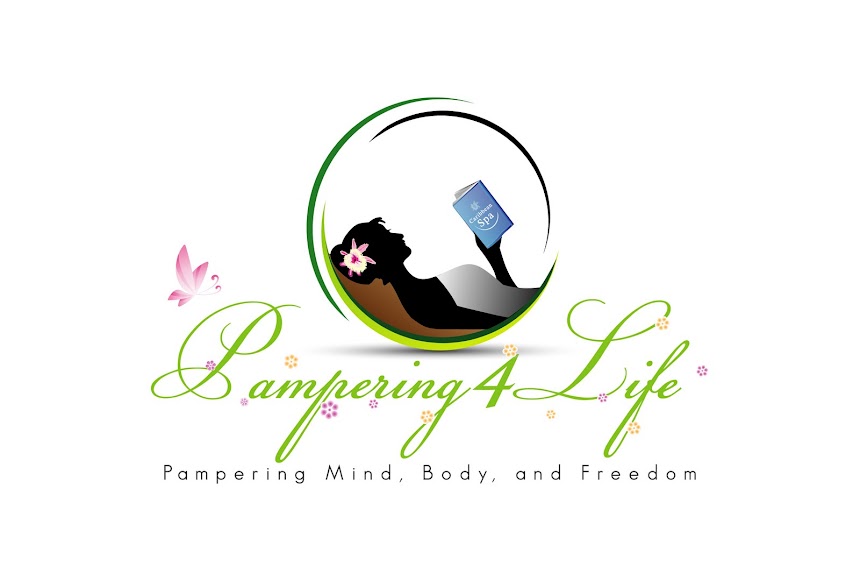 |
| Drink 8 to 10 Glasses Per Day |
You could possibly live up to several weeks without food, but without water, you will die in a matter of days. In that sense, water is the most essential nutrient, coursing through your body via your bloodstream, hydrating and delivering nutrients to every organ and removing toxins and waste material. About 60 percent of your body weight is water. It is a component of every cell and a participant in many chemical reactions that occur throughout the body.
Hydration
Thirst is a sign that your body and, specifically, your blood are low in water. A series of shifts occurs in your body functions. Water that has been collected and is ready to be excreted now goes back to your bloodstream. Your mouth feels dry because water is being drawn out of your salivary glands and into your blood. You may feel tired and weak. Your body is drawing water from anywhere it can to keep your blood volume normal and your blood pressure stable.
Don't wait until you feel thirsty to drink water. The best thing to do to prevent dehydration is to drink water with and between meals throughout the day.
Don't wait until you feel thirsty to drink water. The best thing to do to prevent dehydration is to drink water with and between meals throughout the day.
Heat Regulation
Water helps regulate both internal and external body temperature. When you sweat, the evaporation of water cools both your skin and the blood lying below. If you live in or visit a particularly hot climate, you probably need to drink more water than in a colder climate.
Digestion and Absorption
Water aids in the digestive system by helping to break food down into nutrients in the stomach and aiding in the absorption of nutrients from the intestine into the bloodstream, where they are carried throughout the body.
 |
| Carry Extra Water When Exercising |
Lubrication and Protection
Water lubricates and cushions all the joints in your body. The fluid in your eyes and mucous membranes is water-based. All of your body tissues are moistened with water. The amniotic fluid in which a fetus floats is mostly water.
Balance
You need to excrete a minimum of 2 cups of water every day to rid your body of dissolved waste materials. The average loss in urine is about 6 1/2 cups. Another 4 cups is lost to breathing, sweating and solid waste. To maintain your body's water balance, you must replenish that lost water. You can do this by drinking at least 8 cups of water a day, preferably more; the rest will come from water in the foods you eat.
It is important to maintain your body's water and electrolyte (mineral) balance so that every cell in your body contains the right amount and mix of fluids. In addition to drinking enough water every day, be sure to replace fluids lost from vomiting or diarrhea. A severe disturbance in this balance can ultimately lead to a heart attack and death.
It is important to maintain your body's water and electrolyte (mineral) balance so that every cell in your body contains the right amount and mix of fluids. In addition to drinking enough water every day, be sure to replace fluids lost from vomiting or diarrhea. A severe disturbance in this balance can ultimately lead to a heart attack and death.
-
Feel Better
- Water is necessary to keep your intestines and kidneys functioning properly. Water prevents constipation and keeps the salts and minerals in your kidneys diluted, so they can't form kidney stones. Proper hydration may even help prevent the flu and ease headaches.
Look Better
Move Better
- Water is essential for proper lubrication of joints and muscles. Staying well-hydrated while exercising can help prevent muscle cramps. According to Cruising Chemistry, a website supported by Duke University, the blood is 83 percent water, so the more water you drink while exercising the greater your blood volume and the more oxygen the blood is able to transport to keep you energized.
Lose Weight
- Water is a natural appetite suppressant. Drinking a glass of water before every meal can make you feel fuller and help you eat less. Also, water is a major component of food. If you are not drinking enough water, your body may begin to crave food to replace the water deficit. Then, you not only get the water but the extra calories.
As you can see water is a very important part of life that we often take advantage of daily. You must incorporate drinking water for ultimate health and wellness. How much water can be determined by your weight and other factors. Remember, wellness is not just a focus but rather a lifestyle. If you are wanting to know more about how to calculate the right amount of water you should drink daily? Get serious and hire your personal healing team GetHealthy2011 Here is to your health and happy H2O drinking.
H2O
-

1 comment:
How To Maximize The Effectiveness Of Drinking Water
Post a Comment